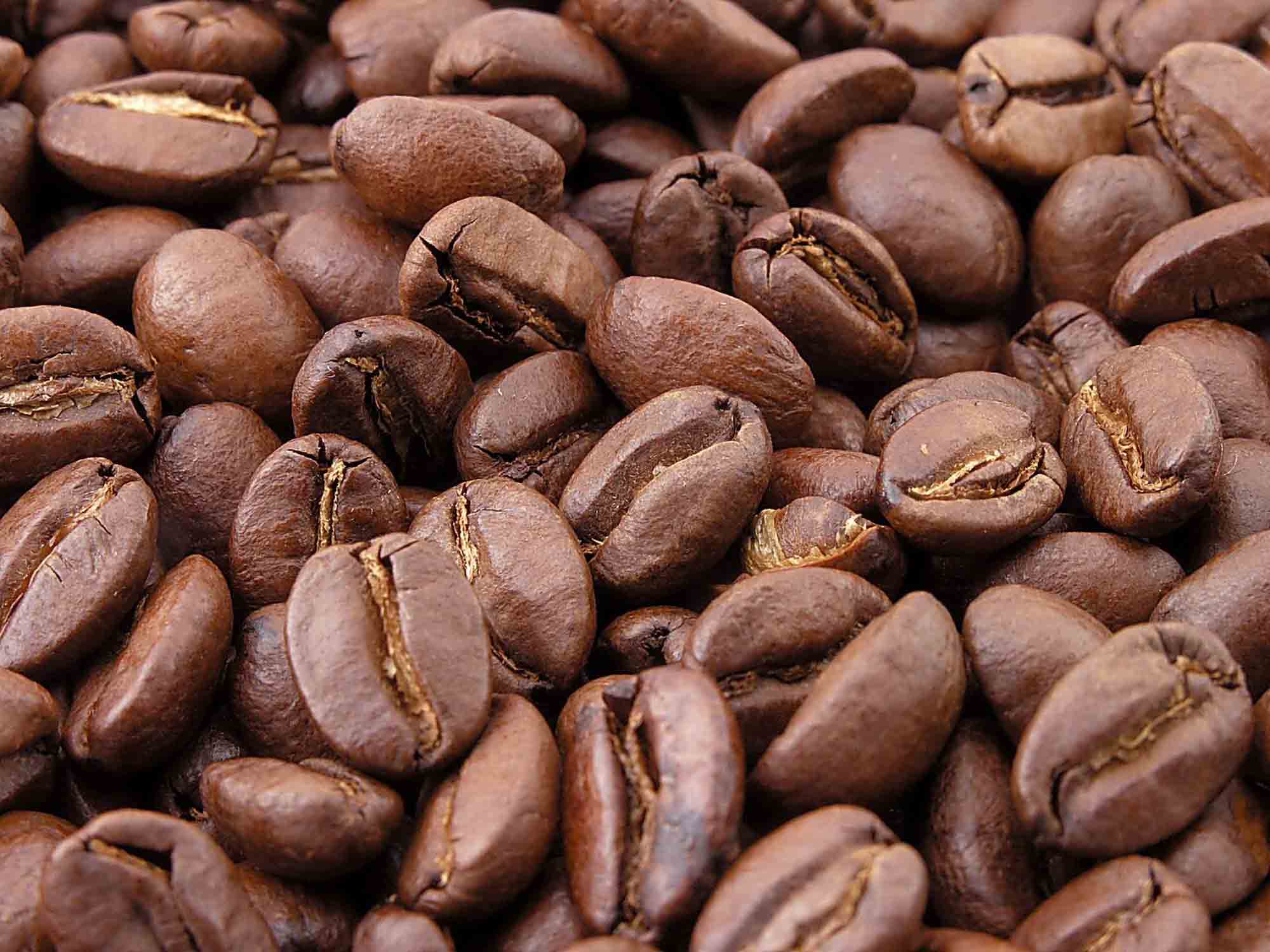A brain-boosting jolt from a cup of coffee could only be effective if you drink it sparingly, a sleep study conference has revealed.
And caffeine lovers who rave about the energy-producing qualities of a double espresso may only be like junkies hooked on their favourite drug, it has emerged.
Scientists at the annual meeting of the German Society For Sleep Research in Berlin told how coffee addicts could be better off getting a good night’s sleep instead.
Dr Carolin Reichert from the Psychiatric University Clinic in the Swiss city of Basel said: “There is a greater reaction to the caffeine if we consume the agent less often.
“Anyone who seeks the energising effect of coffee must not consume it on a regular basis.
“Coffee only wakes you up if your receptors react sensibly to caffeine. There have to be phases of abstinence.”
And like any drug addiction, caffeine also uses the body’s pleasure centres to trick us into consuming more
Dr Reichhert said: “Coffee also has effects on our dopamine system.
“Drinking coffee can feel like a reward. This means we may act in a more motivated way afterwards.”
In a statement obtained by Newsflash, Romy Held from the German Society for the Science of Sleep in Jena, Thuringia, said: “Scientific examinations of the effects of caffeine suggest that the impression of being energised by our daily coffee is just an illusion.”
Held said studies by Professor Hans-Peter Landolt from Zurich University’s Pharmacology and Toxicology department showed coffee rarely matched sleep.
She said “In these situations, drinks that contain caffeine such as coffee and tea can help.
“However, coffee does not make us more awake than we already are if we had a good night of sleep.”
How Honey Can Create A Computer Like The Human Brain
Held explained that our delusion stems from the fact many of us have become chronic caffeine addicts.
She said: “The brain adapts to the effect of its substances. At night, our bodies may develop minor deprivation symptoms. They tire us.”
Previous scientific studies suggested that drinking coffee might reduce the risk of being diagnosed with neurodegenerative diseases such as Alzheimer’s or Parkinson’s disease.
However, exaggerated consumption of caffeine can also cause problems with the cardiovascular system.
Nutrition scientist Donald Hensrud from America’s Mayo Clinic said: “It’s hard to look at just one aspect of diet and connect it to a health condition because so many other factors could play a role.”
He said early research had not always taken into consideration that heavy coffee drinkers rarely exercised and often smoked.
He added: “When newer studies adjusted for such factors, they found a possible association between coffee and decreased mortality.
” Coffee may offer some protection against Parkinson’s disease, Type 2 diabetes, heart attack and stroke as well as liver diseases including liver cancer.
“Your coffee habit is probably fine and may even have some benefits. But if you have side effects from coffee, such as heartburn, nervousness or insomnia, consider cutting back.”
People in the United Kingdom consume around 95 million cups of coffee a day. And around 400 billion cups of coffee are consumed globally in a year.
To find out more about the author, editor or agency that supplied this story – please click below.
Story By: Thomas Hochwarter, Sub-Editor: Marija Stojkoska, Agency: Newsflash
The Ananova page is created by and dedicated to professional, independent freelance journalists. It is a place for us to showcase our work. When our news is sold to our media partners, we will include the link here.




